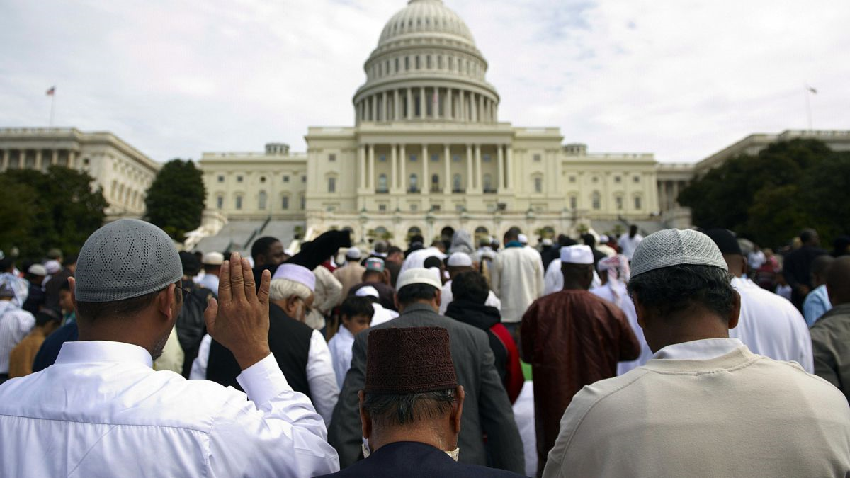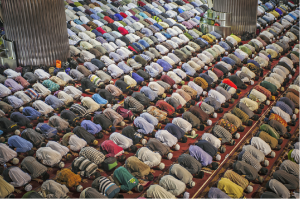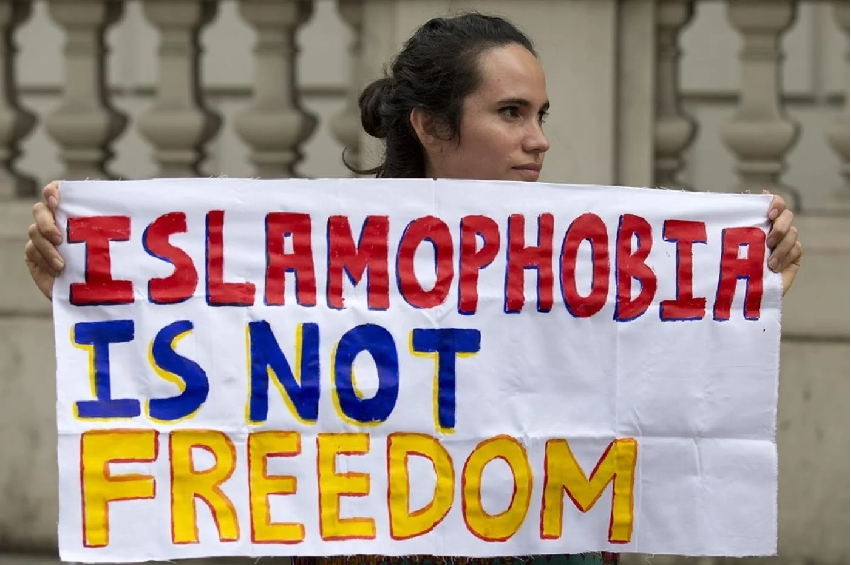
Reasons why Muslims are the fastest-growing religion
Islam is the fastest-growing religion in the world and forecasts suggest that in the second half of the 21st century Muslims will replace Christians as the world’s largest religious group.
The global Muslim population is projected to increase from 1.8 billion to 3 billion between 2015 and 2060. In 2060, Muslims will make up 31.1% of the global population, a significant increase from 24.1% in 2015. The global Muslim population is projected to grow twice as fast (70%) as the world population (32%) in the coming decades.
What factors are driving this rapid growth in the Muslim population?
The Relatively Young Muslim Population

The Muslim population is the youngest among the world’s major religions. This population has a median age of only 24 years (as of 2015). Christians, currently the largest religious community in the world, have an average age of 30 years. Hindus have a median age of 27, but the fertility rate and total population of this religious group are much lower than Muslims. All other major religious groups have a median age of over 30 years.
High Fertility Rates
Another major reason supporting the growth of Islam is the high fertility rate of Muslim women. Muslims have more children than any other major religious group in the world. On average, Muslim women have a fertility rate of 2.9, while the average figure for all non-Muslims is 2.2. Christian women have the next highest fertility rate, at 2.6. Therefore, the high number of Muslim women of childbearing age who produce more children encourages the rapid growth of the world Muslim population.
Most Muslims Live In The Fastest Growing Regions Of The World
Another big boost for the Muslim population is its concentration in the regions of the world that are going to experience the greatest growth in the coming decades. More than a third of all Muslims in the world reside in the Middle East and Africa, where rapid population growth is expected. However, even within the countries of these regions, Muslims are growing in greater numbers than the followers of any other religion due to the two factors mentioned above.
Change Of Religion Is Relatively Low
In most Muslim-majority countries, the change of religion is relatively low. Countries that strictly follow Islamic laws often subject their citizens to severe punishment for apostasy. In general, most Muslims born to Muslim parents tend to adhere to Islam and do not change their religion. In contrast, the Christian population is projected to decline as a large portion of born Christians will become non-believers or will not identify with any religion in the coming decades. These people also tend to have fewer children.
You may like to read Prevention of Islamophobia



